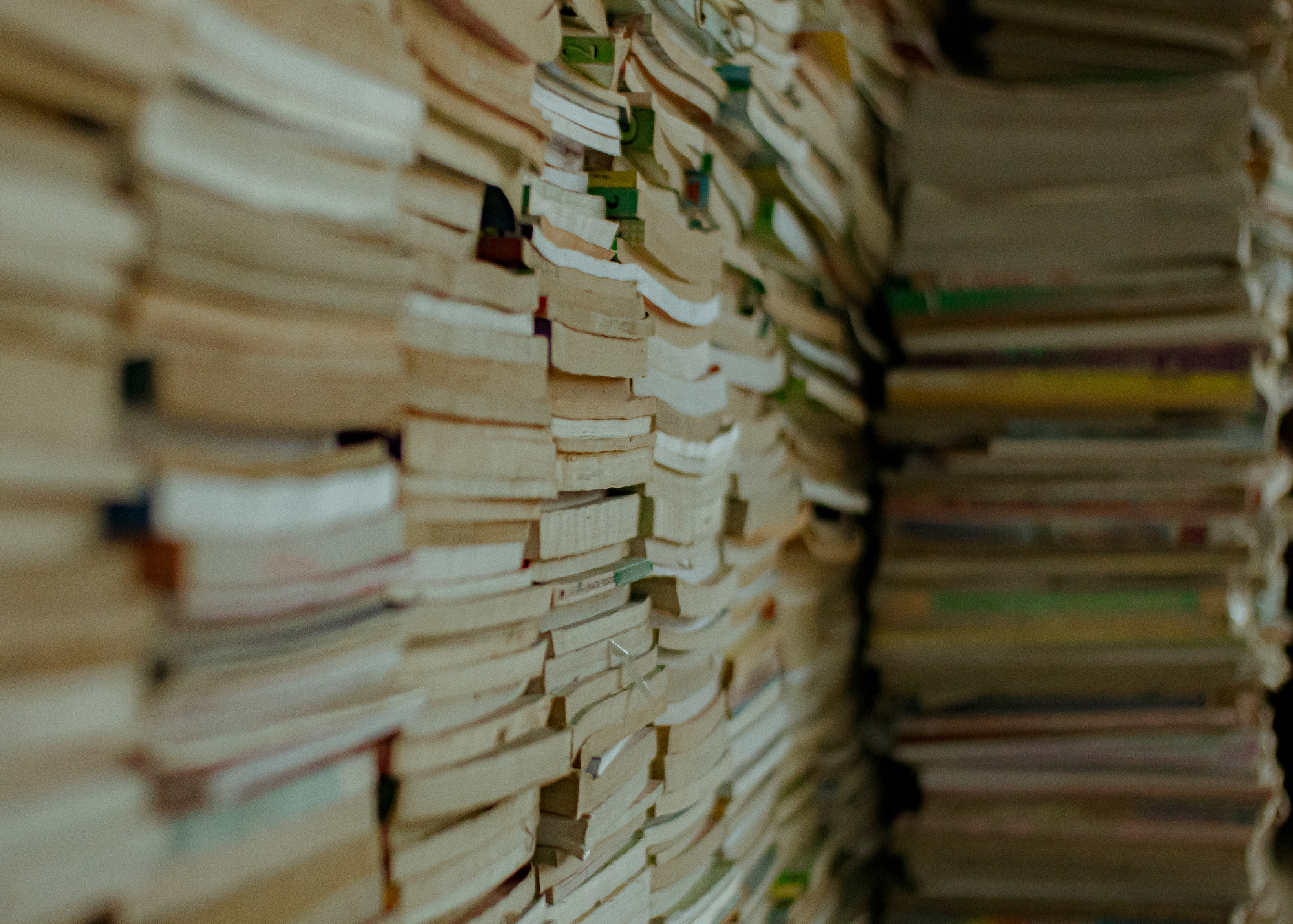“The flood of print has turned reading into a process of gulping rather than savoring.”
~ Raymond Chandler
Raymond Chandler, the author who gave us The Big Sleep, The Long Goodbye and Farewell, My Lovely, as well as generously providing the epigram for today’s blog post, died way back in 1959. He had good reason to bemoan the “flood of print”. During his career paperbacks became cheaper and easier to produce, to say nothing of large circulation magazines and daily newspapers, many of which published multiple daily editions. So while Old Ray didn’t live long enough to witness the mad proliferation of text brought to us courtesy of the world wide web, there was certainly a greater availability of potential reading material.
In the land of academic reading the idea that a student will savor what’s been assigned seems beside the point. When confronted with hundreds of pages of required reading, the first urge is just to power through, roll the eyeballs over line after line of words, words, words until this nightmare is over. Because that’s what we’re supposed to do, right? Complete the assignment, finish the book, read the PDFs. Move on.
Savoring, in Chandler’s parlance, here is akin to processing, to thinking deeply, which is after all what we’re supposed to be doing anyway. I’m not saying that we can do that with every assigned page of text, but I am saying that we should at least pick out chunks that resonate with us as readers and we should reread these bits, and think about what these passages mean not just in the context of the class material, but beyond.
On the other side we should acknowledge the dilemma of those tasked with building the reading list and the syllabus. This requires more than anything else to strike a balance between breadth and depth. Deciding what should be skimmed and what to read deeply is as much art as science, even for those who assign the work.
This is an old tension, maybe even an ancient one. Did the sages of Sumer worry that the unprecedented availability of cuneiform tablets made it more difficult to appreciate what had been pressed into the soft clay with a stylus? Sure. Let’s go with that.
Staff Writer: Pete Kimchuk

